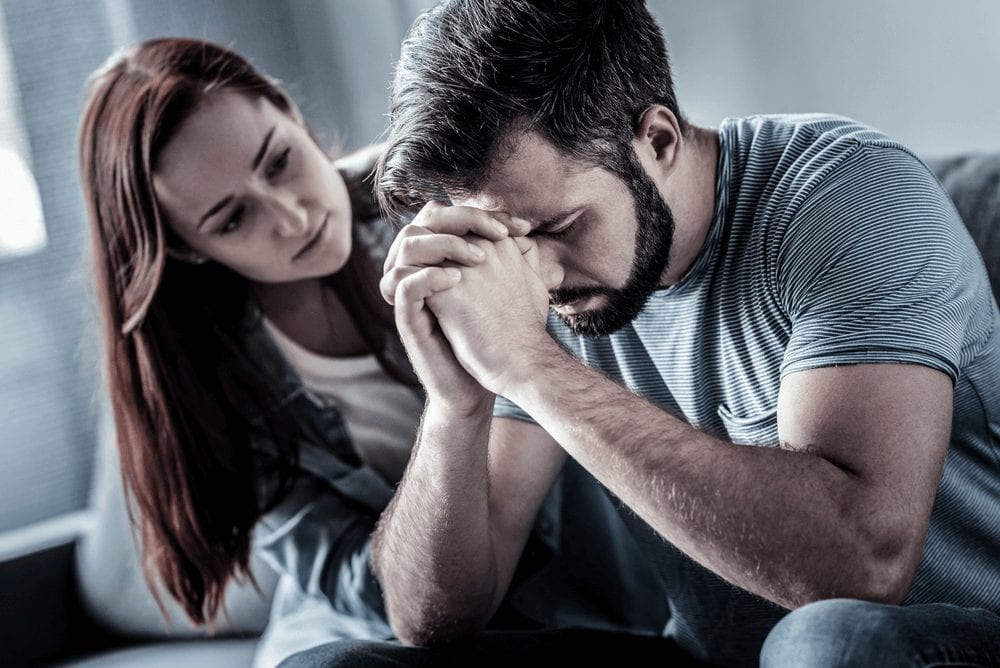11 of the biggest myths about coronavirus, according to the World Health Organisation
Ever since the coronavirus pandemic began making headlines across the world, there has been confusing and sometimes conflicting advice. Should we wear masks, should we not; does wearing gloves help; can the virus be spread from pets to humans – the list goes on.
Despite the plethora of information about the Covid-19 outbreak, the main guidance has largely remained the same for several months, albeit with slight updates: maintain social distancing guidelines, wash your hands thoroughly and regularly, and isolate at home if you start exhibiting symptoms including a high fever; a new, continuous cough or a loss or changed sense of smell and taste.
Amid the guidelines issued by governments and health organisations, myths concerning the virus have also been spreading, making it difficult for some members of the public to discern truth from fiction.
Download the new Independent Premium app
Sharing the full story, not just the headlines
On the website for the World Health Organisation (WHO), it lists some of these myths, including how Covid-19 is caused, the danger of thinking bleach can protect against the virus and the fact that 5G mobile networks are not causing increased transmission.
Here are 11 of the biggest myth-busting facts about Covid-19, as outlined by WHO.
1. You should wear a mask while exercising: MYTH
While some people may think it would be advisable to wear a mask while exercising outdoors or near other people, this is not the case, the WHO states.
The organisation explains that wearing a mask while exercise “may reduce the ability to breathe comfortably”, while also potentially promoting the growth of organisms when the masks becomes wet from sweat.
“The important preventive measure during exercise is to maintain physical distance of at least one metre from others,” the WHO says.
2. Prolonged use of medical masks can cause oxygen deficiency: MYTH
The WHO strongly disputes the notion that prolonged use of medical masks, when used properly, can cause carbon dioxide intoxication or oxygen deficiency.
The organisation states that when wearing a medical masks, people should “make sure it fits properly and that it is tight enough to allow you to breathe normally”.
If you are using a disposable mask, you must not reuse it, and should change your mask if the one you are wearing becomes damp.
3. Adding pepper to your food can prevent Covid-19: MYTH
The inclusion of pepper in the meals you eat cannot stop you from catching the coronavirus, nor can it be used as a treatment if you start to exhibit symptoms, the WHO states.
The organisation adds that it is “beneficial for your general health to maintain a balanced diet”, in addition to hydrating, exercising and having a balanced sleep routine.
4. Drinking alcohol will not protect you against the virus: FACT
The WHO has warned not to put your health at risk by drinking alcohol in the mistaken belief that doing so will help combat the coronavirus.
“Drinking alcohol does not protect you against Covid-19 and can be dangerous,” the health organisation states, adding: “The harmful use of alcohol increases your risk of health problems.”
In March, an expert for the WHO stated that alcohol is an “unhelpful coping strategy“ for lockdown, warning that using substances to cope “can make things worse”.
5. Thermal scanners can detect the coronavirus: MYTH
Thermal scanners are currently being used in public places such as airports and shops to check the estimated body temperature of members of the public.
These devices cannot be used to detect whether a person has Covid-19 – only if they have a fever, the WHO states.
6. There are currently no licensed drugs or medicines to treat or prevent Covid-19: FACT
The WHO explains that while there are “several drug trials” taking place, “there are currently no drugs licensed for the treatment or prevention of Covid-19”.
“There is currently no proof that hydroxychloroquine or any other drug can cure or prevent Covid-19,” the health organisation says, warning that “misuse” of the medication “can cause serious side effects and illness and even lead to death”.
There are also “no specific medicine recommended to prevent or treat the new coronavirus”, although those who require treatment “should receive appropriate care to relieve and treat symptoms,” the organisation outlines.
While antibiotics do not work as treatment for viruses such as Covid-19, if a patient develops a bacterial infection after becoming ill with the virus, then antibiotics may be recommended.
The NHS states that if you have a high temperature, you are advised to drink lots of fluids, rest and take paracetamol or ibuprofen “if you feel uncomfortable”.
If you are feeling breathless, the national health service suggests trying to cool your room down by opening a window or turning the heating down, by practising breathing exercises and sitting upright.
“Feeling breathless can be a sign of a more serious coronavirus infection,” the NHS says. “If you feel breathless and it’s getting worse, get medical advice from the NHS 111 online coronavirus service.”
7. Bleach cannot be used to protect against the virus and is dangerous: FACT
In April, it was reported that US president Donald Trump had suggested injecting disinfectant to combat Covid-19.
The WHO emphatically states that “spraying and introducing bleach or another disinfectant into your body will not protect you against Covid-19 and can be dangerous”.
“Do not under any circumstance spray or introduce bleach or any other disinfectant into your body,” the organisation says. ”These substances can be poisonous if ingested and cause irritation and damage to your skin and eyes.”
The WHO adds that bleach and disinfectant should “only” be used to clean surfaces.
8. The use of 5G networks increases risk of the coronavirus: MYTH
While myths have circulated regarding the supposed connection between 5G mobile networks and coronavirus transmission, the WHO has strongly dispelled this notion.
“Viruses cannot travel on radio waves/mobile networks. Covid-19 is spreading in many countries that do not have 5G mobile networks,” it states.
“Covid-19 is spread through respiratory droplets when an infected person coughs, sneezes or speaks. People can also be infected by touching a contaminated surface and then their eyes, mouth or nose.”
In April, Ofcom discovered that the 5G conspiracy theory had become the most common fake news story relating to the pandemic.
9. Higher temperatures and sun exposure safeguard against Covid-19: MYTH
Throughout the Covid-19 outbreak, some have believed the idea that being in a warmer climate protects against the virus.
However, this isn’t the case, as “you can catch Covid-19 no matter how sunny or hot the weather is,” the WHO states.
“There is no reason to believe that cold weather can kill the new coronavirus or other diseases,” the organisation adds.
“The normal human body temperature remains around 36.5°C to 37°C, regardless of the external temperature or weather.”
In May, scientists suggested in a study that temperature has little to no impact on the spread of Covid-19.
10. People who test positive for the virus may have it for the rest of their lives: MYTH
Testing positive for the coronavirus does not mean you will be infected for life, the WHO states.
“Most of the people who catch Covid-19 can recover and eliminate the virus from their bodies,” the organisation says.
11. People of all ages can test positive for the coronavirus: FACT
While it is believed that children are less likely than adults to catch the coronavirus and are more likely to experience it mildly, the virus can affect people of all ages, the WHO stresses.
Certain groups of people, including people who are older and those who have pre-existing medical conditions such as asthma, diabetes and heart disease, are deemed particularly vulnerable amid the Covid-19 outbreak.
The British government states that people who are identified as “clinically extremely vulnerable” have been advised to stay at home as much as possible by shielding.




